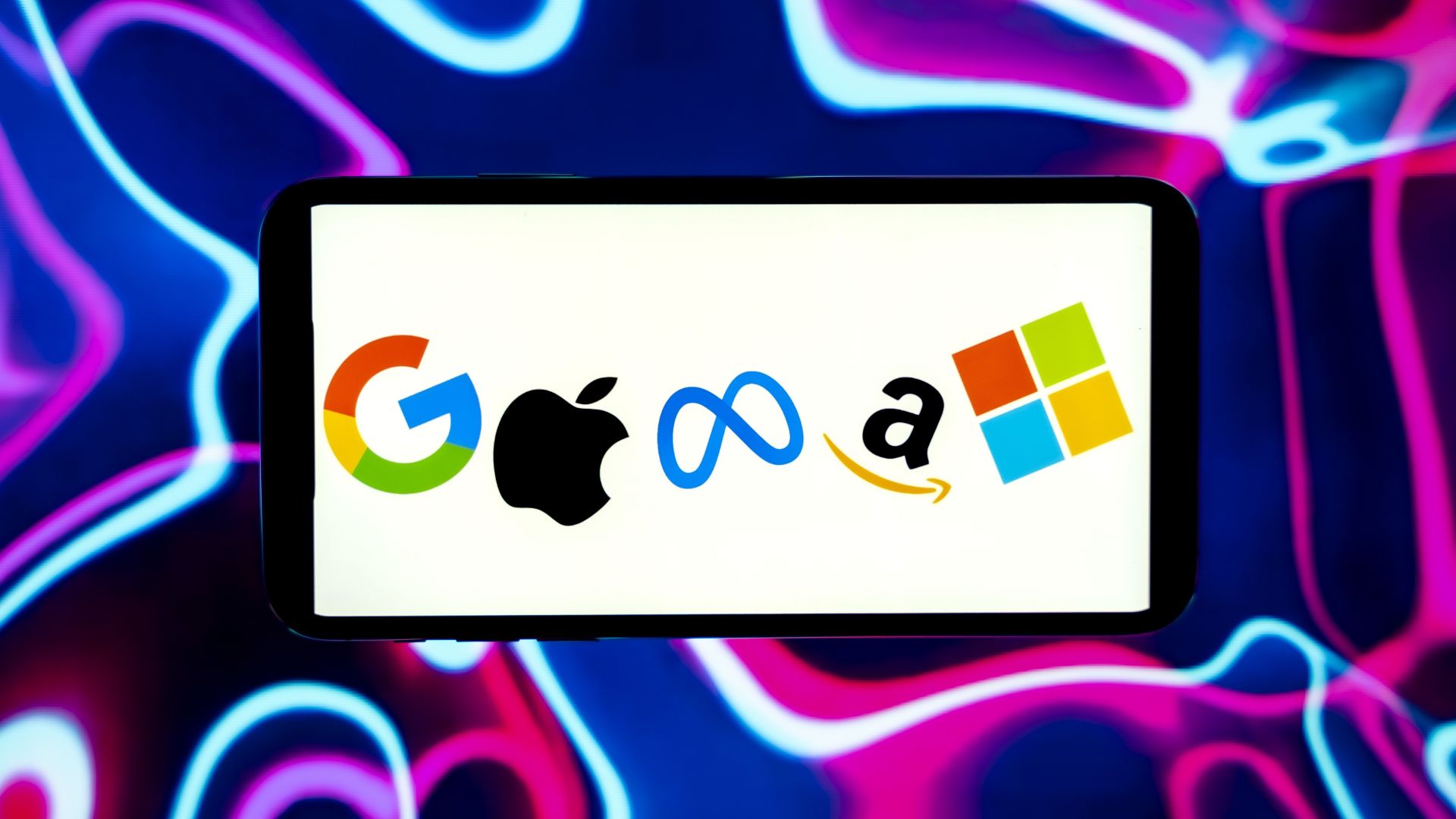"Emergency requests are the new trend" – Big Tech increasingly forced to disclose users' data to authorities worldwide, according to a new report
A total of 153,000 account data requests have been made in cases of emergency since 2013

- New Surfshark's research reveals a steady increase in government requests for user data
- Big Tech giants are also increasingly targeted with emergency requests, which involve less legal scrutiny
- While the UK leads the demand for emergency requests, the US leads global demand for users' data
Around 190 governments have requested data from a total of 8.4 million user accounts since 2020 – a new research conducted by Surfshark, one of the best VPN providers on the market, can reveal.
What most concerns Surfshark's experts, however, is that emergency requests are becoming "a new trend."
A total of 153 thousand account data requests have been made in cases of emergency since 2013, in fact, with the UK leading the demand globally. While these requests are crucial to safeguard public safety, the room for abuse is also high.
The risks of a rise in emergency requests
Authorities can issue emergency requests when there's an imminent threat to life or severe injury, like in the case of suicides, school shootings, or bomb threat incidents.
The goal of these special demands is to obtain critical information as quickly as possible. This means that law enforcement can often access users' data without a court order or subpoena, de facto bypassing standard legal procedures.
Yet, "If governments start to abuse these practices, for example, by interpreting ‘threats’ too broadly, it can lead to mass surveillance, the collection of vast amounts of data, and it can compromise essential freedoms," said Privacy Counsel at Surfshark, Goda Sukackaite.
This is why, according to Sukackaite, while emergency requests serve an important role in safeguarding lives and public safety, they still require careful regulation and oversight to protect individual rights and prevent potential abuse.

The Surfshark team analyzed emergency requests made globally against major Big Tech firms (Google, Microsoft, Apple, and Meta) between 2013 and the first half of 2024.
As mentioned earlier, the UK leads the way here by accounting for 26% of all 153 thousand emergency requests made since 2013. The US follows suit with 22%, with the United Arab Emirates reaching the third position with 10.5% requests.
Google is the firm most targeted by these emergency requests, accounting for 85% of all demands issued globally. It's worth noting, though, that Google was the only company disclosing emergency requests between 2013 and 2015.
Nonetheless, experts could record an escalation in emergency requests (see image above) over the years, with the first quarter of 2024 alone having already seen 15 thousand requests.
It's also worth mentioning that, while Google, Microsoft, and Apple provide information about the number of emergency requests they receive, Meta doesn't specify it.
The US and EU lead users' data requests
Besides emergency requests, authorities may demand access to users' data during criminal investigations. Government agencies may also request citizens' online information for civil or administrative cases.
Surfshark experts recorded a total of 293 thousand requested accounts in 2013 alone. By 2020, this number had grown to nearly 1.3 million, with a record high of over 2.2 million reached in 2022. After a small decline in 2023, experts now expect 2024 to be on track to reach new heights.
As mentioned earlier, the US is the country that has been demanding access to citizens' data the most, with an average of one account requested per every 100 thousand people. European countries, however, contribute to the top 10 list with six regions (Germany, the UK, France, Ireland, Poland, and Switzerland). Singapore, Brazil, and South Korea also figure among the top 10 countries issuing users' data requests.
Meta has so far been the main target of authorities, accounting for 43% of the 12.1 million accounts requested from 2013 to mid-2024. Google was the second firm most impacted (39%). Microsoft and Apple were the least targeted, with 10% and 8% of requests, respectively.

While the numbers mentioned earlier account for the data requested by authorities worldwide, Surfshark's report also gives us some data on the companies' disclosure rates.
Between 2016 and 2022, Apple led the way here, with its disclosure rate going from 76% to 83%. While Apple's compliance dropped to 79% in 2023, Google's rate began growing and reached 82% in mid-2024.
"This makes Google currently the company with the highest disclosure rate," Surfshark noted, adding that today's Meta's compliance rate comes right behind Google.
Despite an increase in the first half of 2024, Microsoft has remained the company that discloses the least user information since 2018.
How to secure your sensitive data
If you are concerned about your privacy, we recommend taking some steps to minimize the information you share with Big Tech giants.
These include using a virtual private network (VPN) software every time you browse the web. It encrypts your internet connections while spoofing your real IP address.
Even more importantly, though, you should use privacy-focused alternatives when possible. Proton, for example, offers a range of software to help you cut Google out of your digital life, including a secure email service, password manager, encrypted calendar, and Docs tool.
Here you can find more tips to de-Google your life, including how to choose a more private browser and more.
You might also like

Chiara is a multimedia journalist committed to covering stories to help promote the rights and denounce the abuses of the digital side of life – wherever cybersecurity, markets, and politics tangle up. She believes an open, uncensored, and private internet is a basic human need and wants to use her knowledge of VPNs to help readers take back control. She writes news, interviews, and analysis on data privacy, online censorship, digital rights, tech policies, and security software, with a special focus on VPNs, for TechRadar and TechRadar Pro. Got a story, tip-off, or something tech-interesting to say? Reach out to chiara.castro@futurenet.com
You must confirm your public display name before commenting
Please logout and then login again, you will then be prompted to enter your display name.